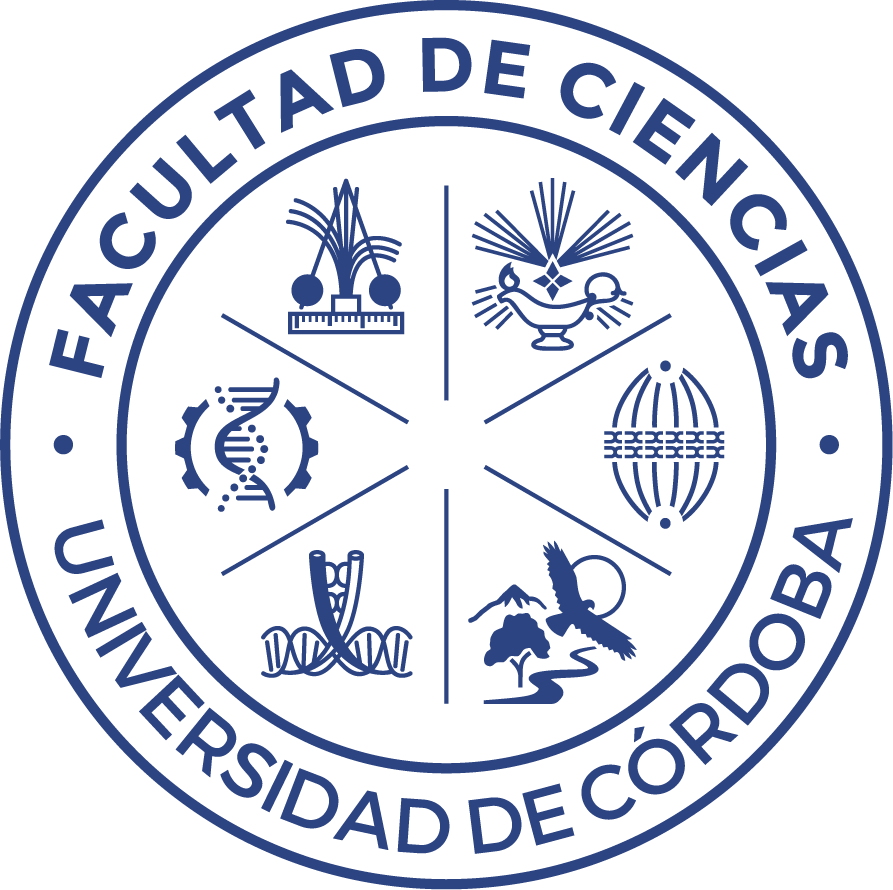 Ladislav Kokoŝka
Ladislav Kokoŝka
Department of Crop Sciences and Agroforestry Faculty of Tropical Agro Sciences Czech University of Life Sciences Prague
El professor Ladislav Kokoska es catedrático en la Facultad de Tropical AgriSciences (FTA) de la Universidad de Ciencias de la Vida de Praga donde realiza actividades tanto docentes como investigadoras. Es el director del Laboratorio de Etnobotanica y Etnofarmacología centrando sus investigaciones en el estudio de productos naturales biológicamente activos derivados de cultivos tropicales subutilizados, especialmente de las especies utilizadas por los pueblos indígenas en los sistemas medicinales tradicionales y populares. Sus investigaciones se dirigen principalmente al estudio de agentes con propiedades antiinflamatorias, antimicrobianas y antioxidantes. El profesor Kokoska es co-author de un gran número de publicaciones en revistas de gran impacto, así como de libros o capítulos de libro. Ha sido invitado como conferenciante a multitud de congresos internacionales y es investigador principal de un número muy importante de proyectos de investigación competitivos. Es miembro de diferentes sociedades científicas y forma parte del comité editorial de varias revistas líderes en su área de investigación.
13 de MAYO 2014 | 12:30 h. | Sala de Grados "Manuel Medina Blanco"
The Ranunculaceae is a worldwide-distributed plant family consisting of about 2,500 species of annual to perennial herbs, shrubs, or woody climbers. Many genera such as Aconitum, Delphinium, Helleborus or Trollius are well known as cultivated ornamentals and certain species (e.g. Cimicifuga racemosa, Hydrastis canadensis, and Nigella sativa) are used as herbal medicines and spices. Various species belonging to the family have been important components of herbal preparations used in folk medicinal systems with ancient history of practice such as Ayurveda or traditional Chinese medicine. Nowadays, their extracts and compounds are used in pharmaceutical preparations and dietary supplements. Despite the worldwide medicinal use of Ranunculaceae species, the pharmacological potential of their essential oils has not been fully explored yet. Therefore, we decided to submit various plant materials to the process of hydrodistillation, which led to the isolation of essential oils from seeds of Consolida regalis, Delphinium elatum, Nigella arvensis, N. damascena, N. hispanica, N. nigellastrum, N. orientalis, and N. sativa. The results of subsequent chemical analyses suggested chemotaxonomical relationships within the representatives of the genera Consolida, Delphinium, and Nigella. The antimicrobial screening of isolated essential oils showed that only N. sativa produced certain growth-inhibitory effect on microorganisms tested. Series of following experiments confirmed significant influence of four different extraction methods on the antimicrobial activity and chemical composition of N. sativa seed essential oil, whereas thymoquinone has been identified as the main constituent responsible for antimicrobial action of the plant. In series of subsequent experiments we also described anti-inflammatory and antioxidative effects of this compound. As a result of comparative analysis of N. sativa seeds and various plant parts of Asteraceae, Cupressaceae and Lamiaceae species, we finally identified Monarda didyma as a new prospective plant source of thymoquinone. In summary, we suggest that these findings may be used by food or pharmaceutical industry for development of new herbal-based food supplements or phytopharmaceutical preparations. Our results also contributed to better understanding of the chemotaxonomical relationships within the family Ranunculaceae.

